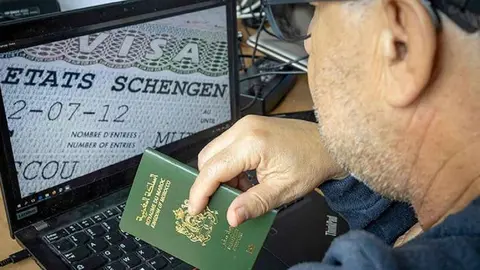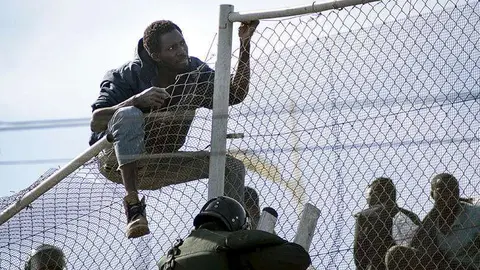Immigration, a key factor in the Franco-Moroccan crisis
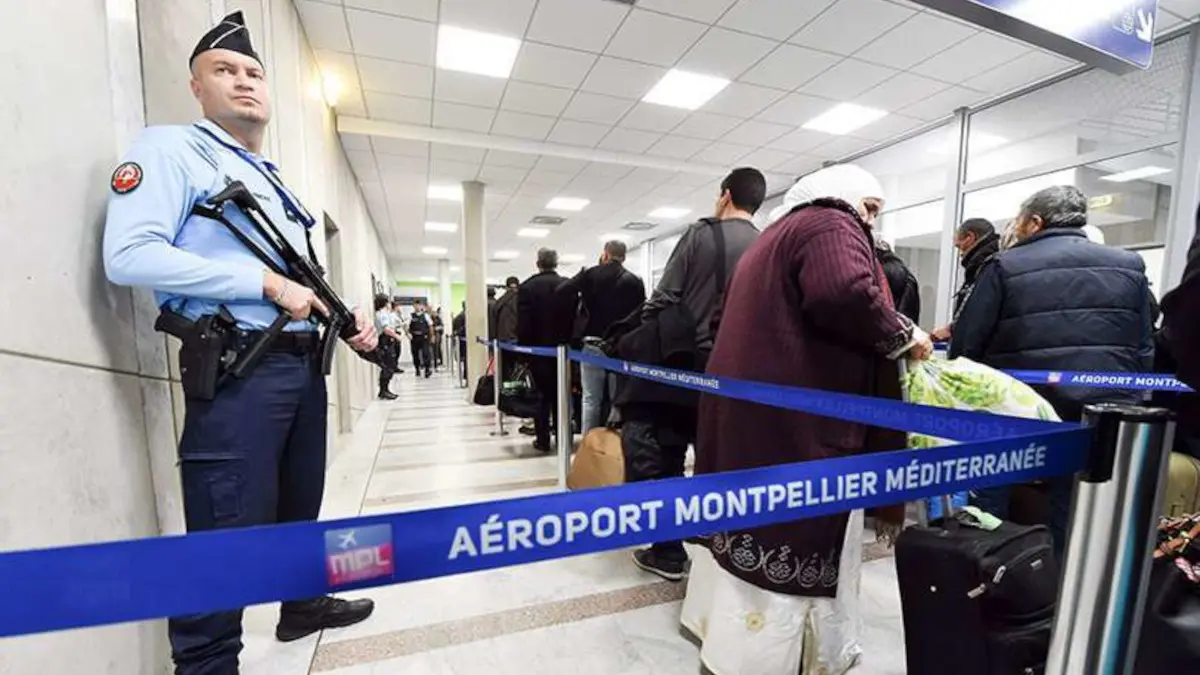
Diplomatic relations between France and Morocco have been strained since France decided to veto entry and refuse visas to Moroccan citizens seeking to enter Europe. Despite France's denial that immigration measures have been reduced, Moroccans continue to report unjustified refusals.
A new report by Professor Mehdi Alioua and French researcher Jeanne Noug highlights the importance of immigration in the Franco-Moroccan diplomatic crisis. While many analyses focus on the role of high-level politics and issues such as the Western Sahara dossier in the deterioration of relations, visa restrictions imposed by France on Moroccans play an important role, according to a report published by Oxford University earlier this year.
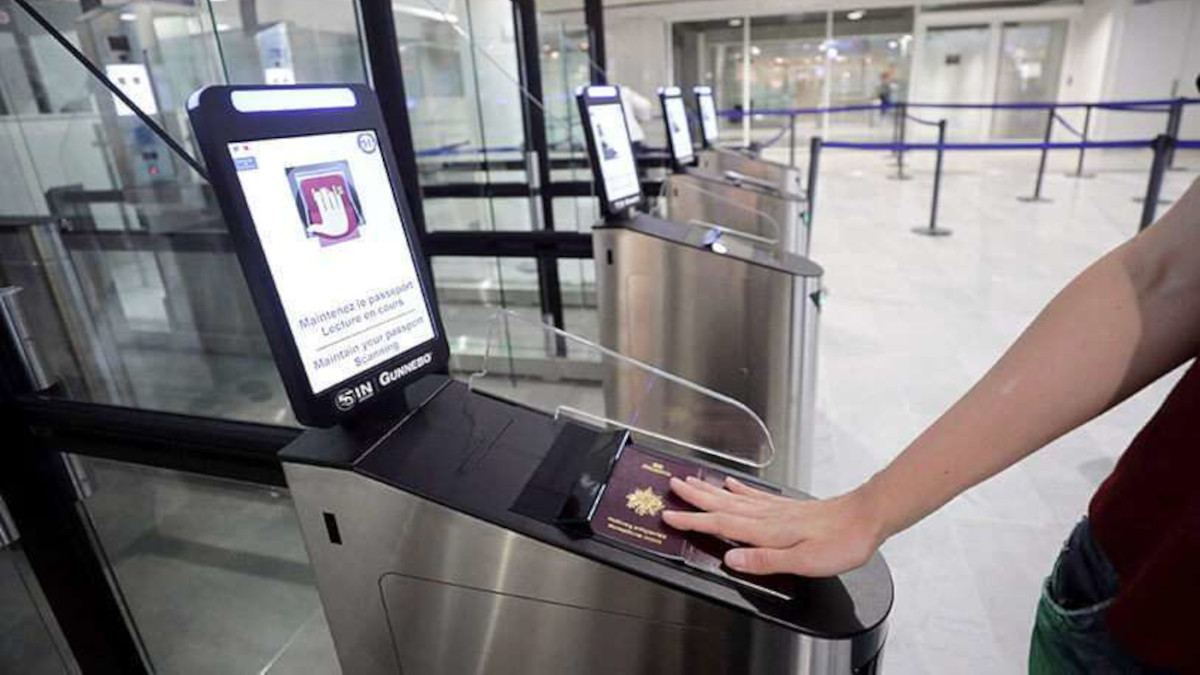
The article explains that while France reduced the number of visas under the pretext of not cooperating in the repatriation of Moroccan nationals, the North African country's lack of cooperation "was not as impressive as France's". The researchers also point out that the diplomatic withdrawal took place in the context of the 2022 French presidential elections. French right-wing parties have placed great emphasis on security and immigration discourse in French politics.
They also argue that the ability to effectively resettle migrants under the Obligation to Leave French Territory (OQTF) was seen as a justification for the President of the French Republic, Emmanuel Macron, to "protect" France from the perceived threat of immigration.
The report's authors noted that the developments "may lead to a permanent state of exception" in which populations are subject to policies that are initially exceptional, but which would eventually become "routine and standardised" procedures. The publication notes that this would not exclusively affect immigration from the Alawi country, but is part of French immigration policies, so that visa restrictions or difficulties in crossing the border would affect everyone equally.

The situation shows that mobility rights are key for many who begin to criticize the nature of the visa process. In addition to the visa crisis, relations between France and Morocco, historically close political and economic partners, have been affected by other political and social problems in recent years.
The most important of these is France's ambiguous position on the Western Sahara conflict and, like other European countries, stresses that it does not recognise or support Morocco's autonomy plans.
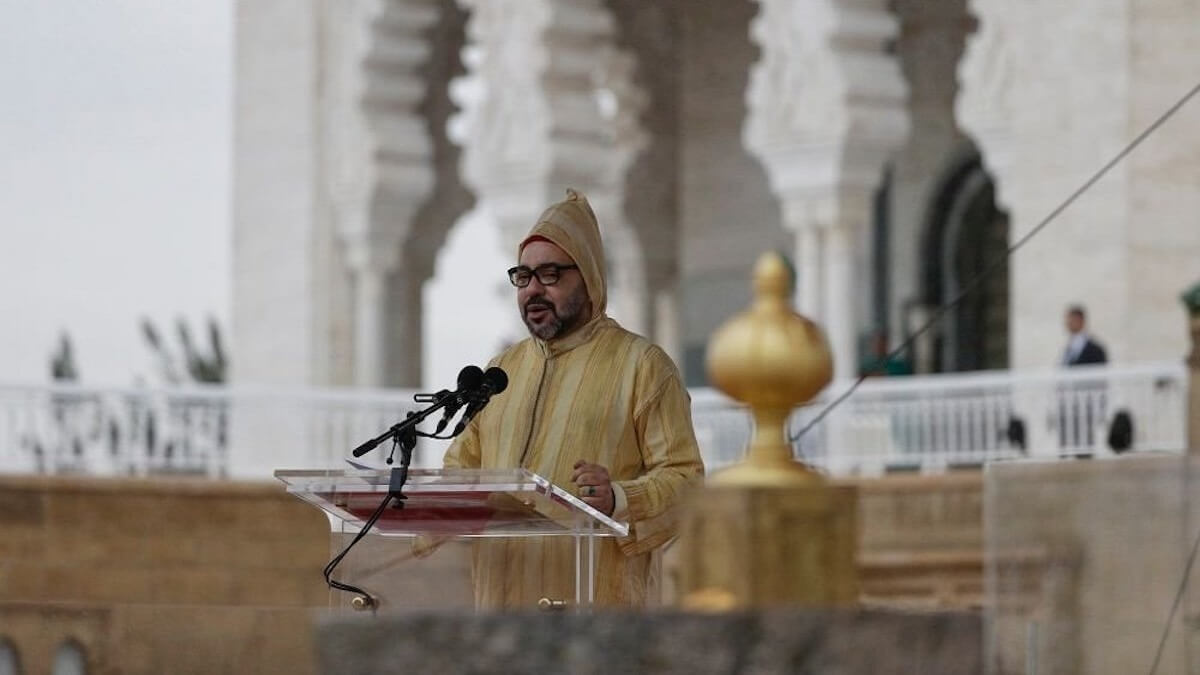
The Moroccan Royal Court has reported on several occasions that this issue is gaining more and more weight in Moroccan foreign policy. The recent reaction of the French media and public to the 8 September earthquake made the situation even more tense, with reports of Morocco rejecting French aid. For the report's authors, these developments raised the question of whether the North African nation "can survive on its own without relying on its predecessor".
Meanwhile, despite claims by French officials that visa cuts are a thing of the past and that relations are back to normal, many Moroccans continue to report unfair visa denials and poor treatment at visa centres.

